Healthy Gallbladder Diet Tips
Even though the gallbladder is often forgotten, it is vital to everyone's overall health to keep it functioning well. The purpose of the gallbladder is to help the body digest fats and break them down by storing bile. Though the liver is the main producer of bile in the body, the gallbladder stores what isn’t currently being used. It will send bile to the small intestine where it is mixed with the digested food to help break it down even further. However, when a person does not keep a healthy diet, the gallbladder can develop several disorders including severe pain, jaundice, gallstones, gangrene, pancreatitis, and even cancer. Thankfully, individuals can keep this important organ healthy by following these diet tips.
Increase Intake Of Fiber
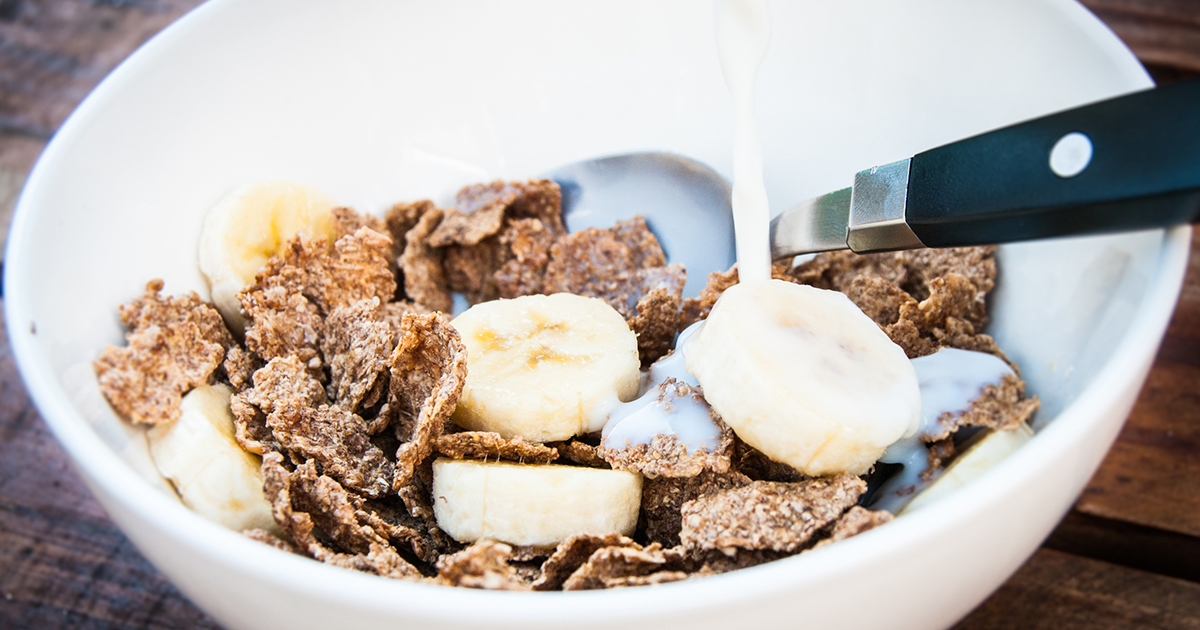
Diets low in fiber can have a big negative impact on gallbladder health. Thus, individuals should increase their fiber intake to reduce the risk of gallbladder disease and disorders such as gallstones. Dietary fiber helps the intestines increase the speed where the food is moved between the organs while also helping reduce the amount of bile created and released. The hypersecretion of bile causes many gallbladder issues. Gallstones, in particular, are created when there is too much bile or when there is an infection. The type of fiber consumed is also important to consider when protecting the gallbladder. Researchers found women who consumed the highest amount of insoluble fiber lowered their risk and need for gallbladder surgery by seventeen percent.
Choose Low Fat Dairy Products
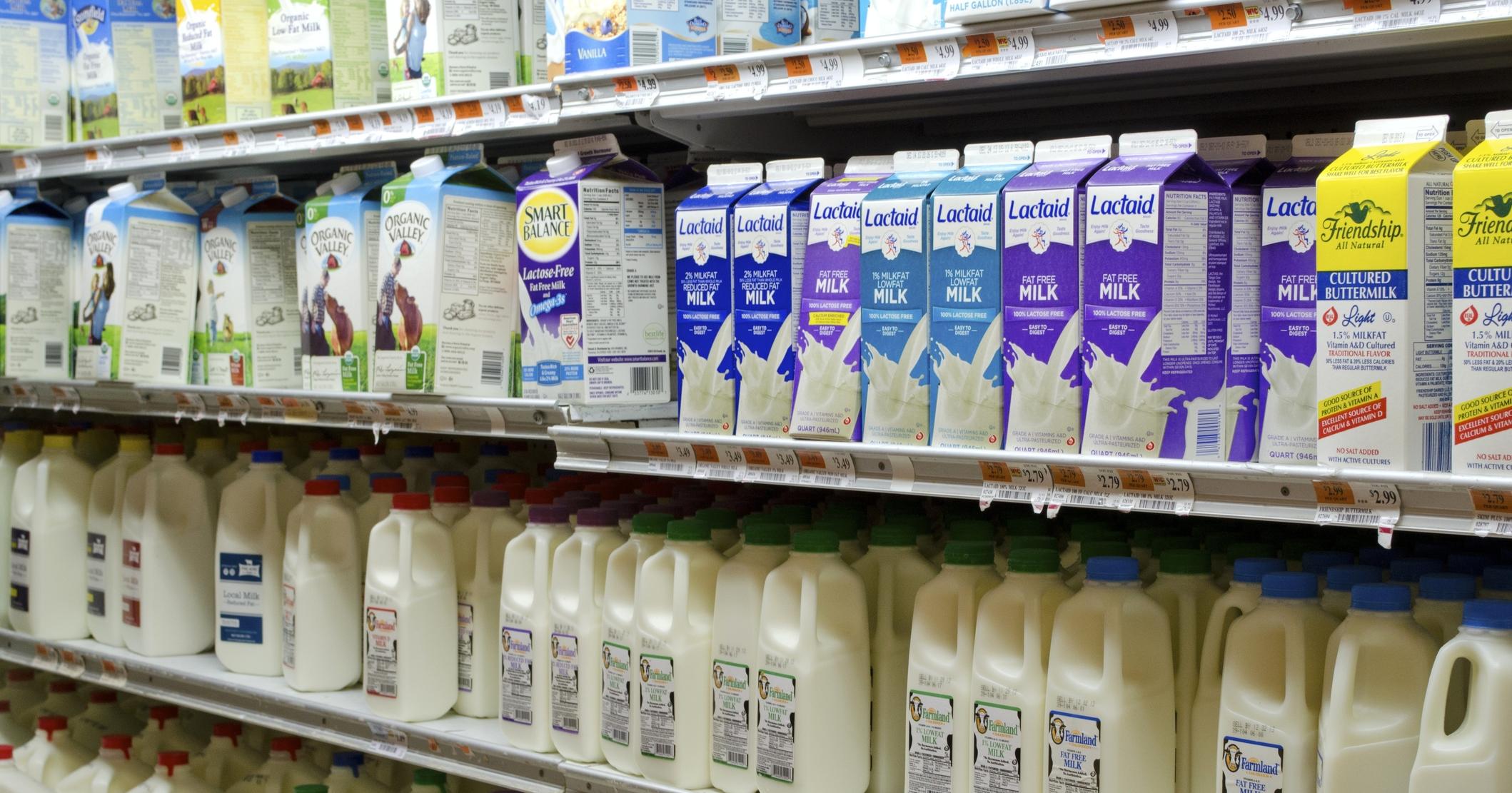
It is important for individuals to choose low-fat dairy products so they can keep their gallbladder healthy. Many dairy products contain high-fat content, which causes the gallbladder to contract. A healthy gallbladder can store enough extra bile for the digestive system to help digest high-fat foods. However, if individuals consume too many full-fat dairy products, it could cause their gallbladder to become stressed and overworked. If an individual experiences pain in the gallbladder after eating dairy products, they may need to choose low-fat products. The pain occurs when the gallbladder contracts after consuming too much fat in dairy products like ice cream, butter, or even half-and-half.
Reach For Lean Meats
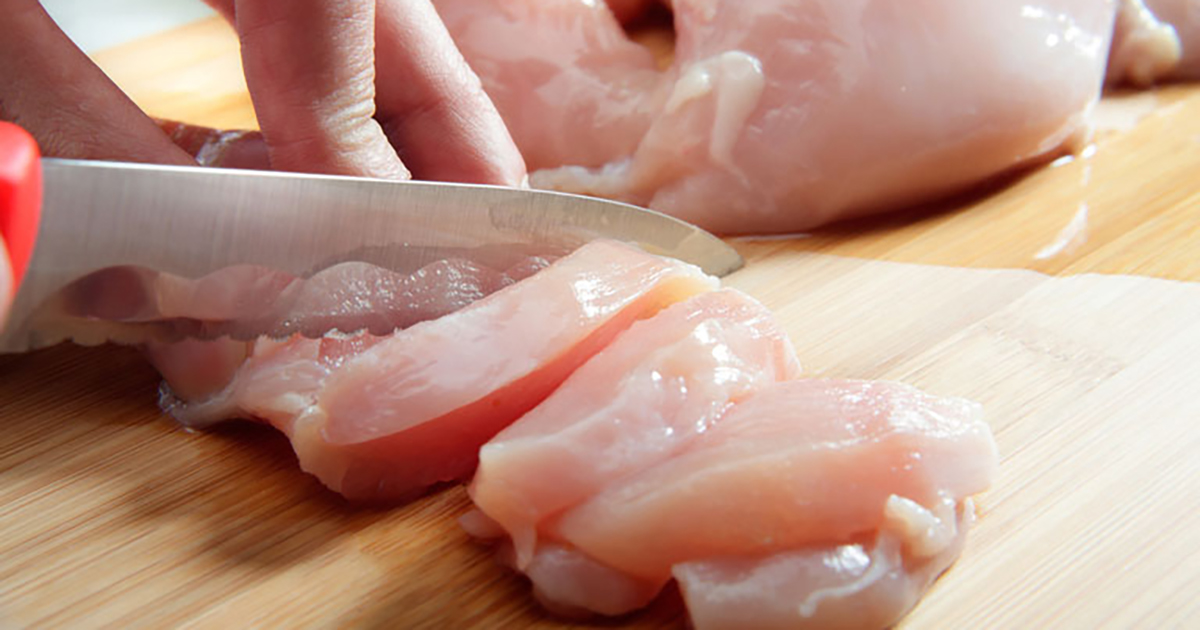
It is important to reach for lean meats when eating a diet that protects the gallbladder. If patients have gallbladder disease or gallstones, it is important for them to look for meat without a lot of fat. Otherwise, it might place too much strain on their gallbladder. Chicken and poultry are great low-fat meat choices and can be made leaner by cutting visible fat off the meat. Lean cuts of beef like sirloin, flank, and tenderloin can be healthy as well. Seafood can be low in fat, particularly if it is salmon, sardines, tuna, scallops, or lobster. Most varieties of fish are low in fat as long as they are baked or broiled and not fried. Individuals should avoid high-fat meats because it will cause their gallbladder to stop releasing enough bile, which can result in diarrhea, heartburn, nausea, and abdominal pain. Fried meats such as fried chicken should be avoided. Read meats should not be consumed because of the high-fat content, unless otherwise marked as very lean cuts. Meats labeled as prime cuts may be high in fat. Marbled meat should not be consumed because it contains too much fat content.
Reduce Cholesterol
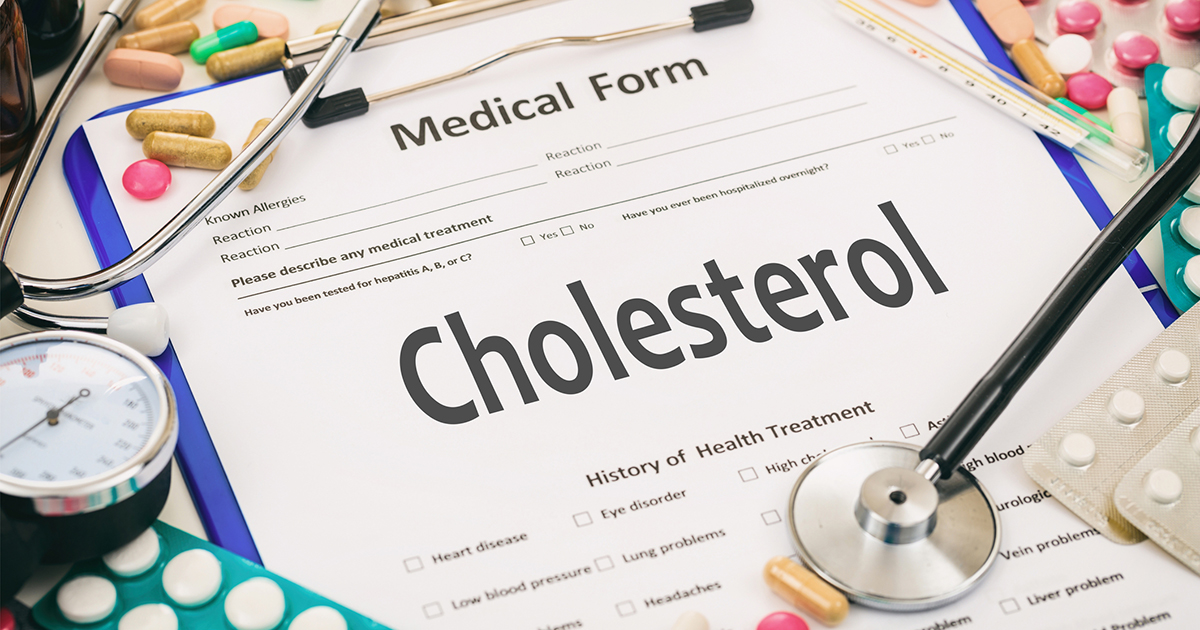
Patients shouldn't forget to lower their cholesterol to improve the overall health of their gallbladder. The bile stored in the gallbladder helps keep cholesterol and fatty acids from building up in the bloodstream. However, when individuals consume too much cholesterol, it can build up in the bloodstream, and can also lead to cholesterolosis, which happens when cholesteryl esters stick to the gallbladder’s walls and create polyps. Individuals can make sure to reduce their cholesterol by eating a diet low in saturated fats, which means eating low-fat dairy products and lean meats. They should also make sure they don’t eat trans fats like partially hydrogenated vegetable oil, which is found in a variety of processed foods. Fiber found in Brussel sprouts, kidney beans, pears, apples, and oatmeal can help absorb the cholesterol in the bloodstream. Individuals can also reduce their cholesterol by exercising.
Include Whole Grains
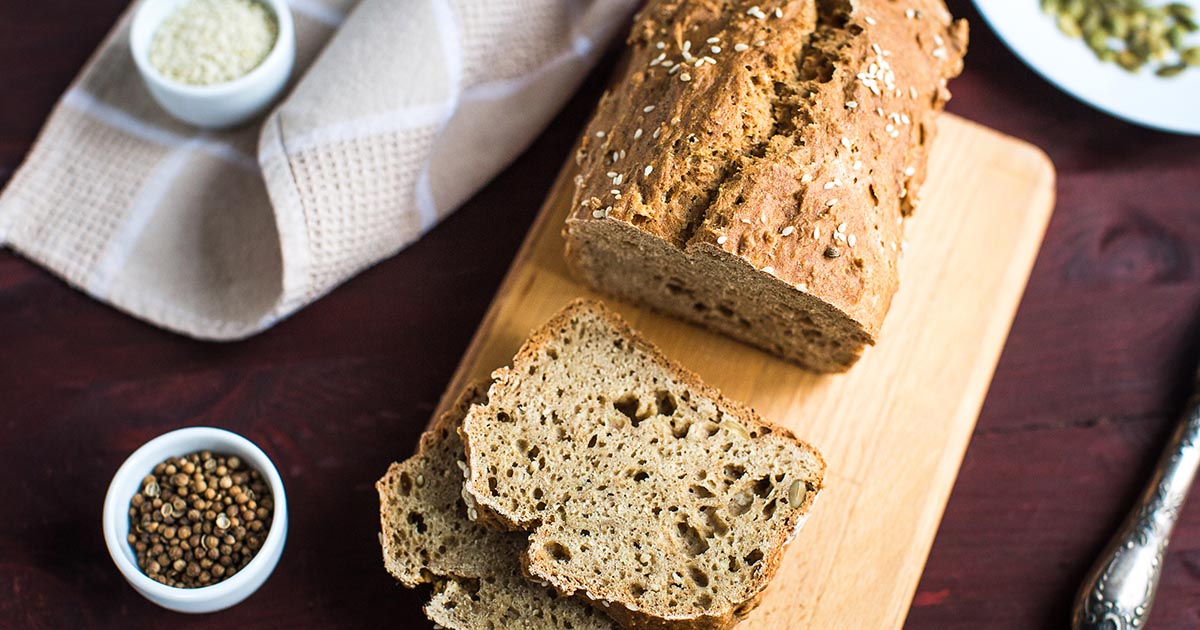
Individuals including whole grains in their diet can really prevent their gallbladder from becoming overwhelmed. Whole grains are a great source of insoluble fiber. Whole grains such as whole wheat pasta, quinoa, steel-cut oats, and brown rice are also low processed carbs that can help protect the gallbladder by reducing the secretion of insulin. When individuals take in too many refined starches or carbs, their body secretes more insulin, which, in turn, can increase the concentration of cholesterol. This has an impact on the gallbladder because the cholesterol in the bile can end up creating gallstones. Replacing processed carbs with whole grains is also beneficial, as they also have more fiber in them than refined carbs. Whole grains cause there to be less insulin released into the body, preventing the gallbladder from storing bile high in cholesterol.
Avoid Refined Carbohydrates
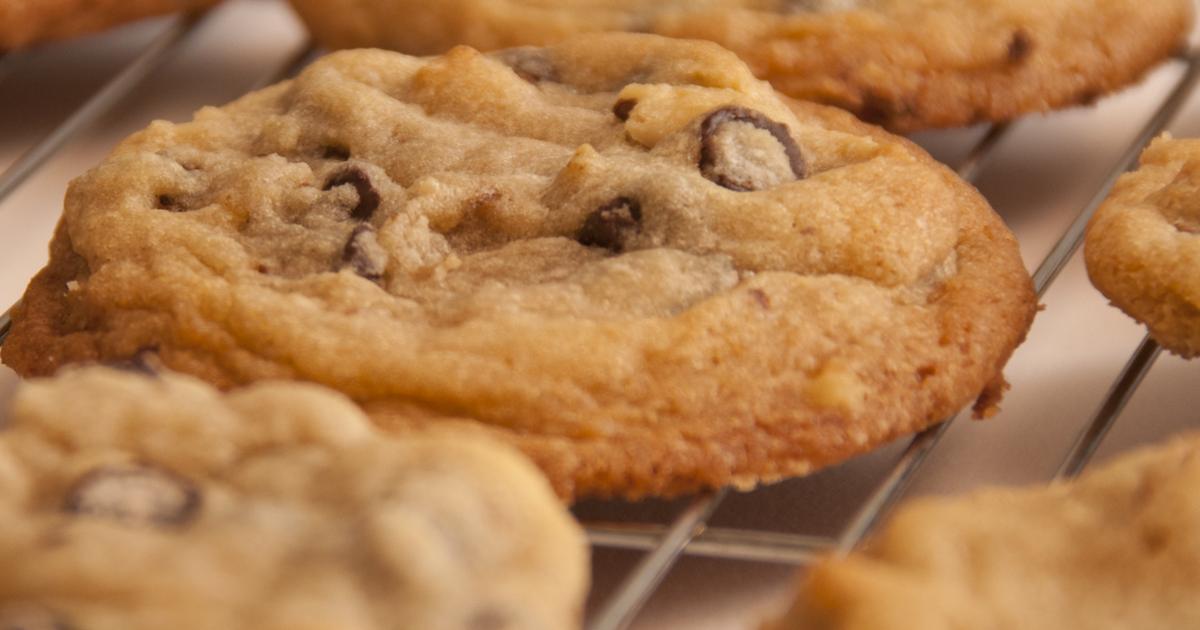
Patients are often advised to avoid refined carbohydrates to prevent gallstones and reduce the risk of complications from them. Refined carbohydrates include items such as white bread, white pasta, cakes, cookies, baked goods, candy, soda, and fruit juice. Consuming these types of carbohydrates can indirectly lead to gallbladder irritation and gallstones by raising levels of abdominal fat, low-density lipoprotein (LDL) cholesterol, and blood glucose. Increased LDL cholesterol raises the concentration of cholesterol in a patient's bile, and this contributes directly to gallstones. Patients who eat diets high in refined carbohydrates may have an insufficient intake of dietary fiber. Unlike complex carbohydrates, refined carbohydrates lack fiber, and studies indicate having sufficient dietary fiber intake could reduce a patient's risk for gallstones. Instead of refined carbohydrates, doctors advise patients to consume whole fruits, fresh vegetables, and whole grains such as brown rice and oatmeal. These foods can help patients reach the suggested twenty-eight to thirty-eight grams of daily dietary fiber intake for optimal gallbladder health.
Avoid Processed Foods
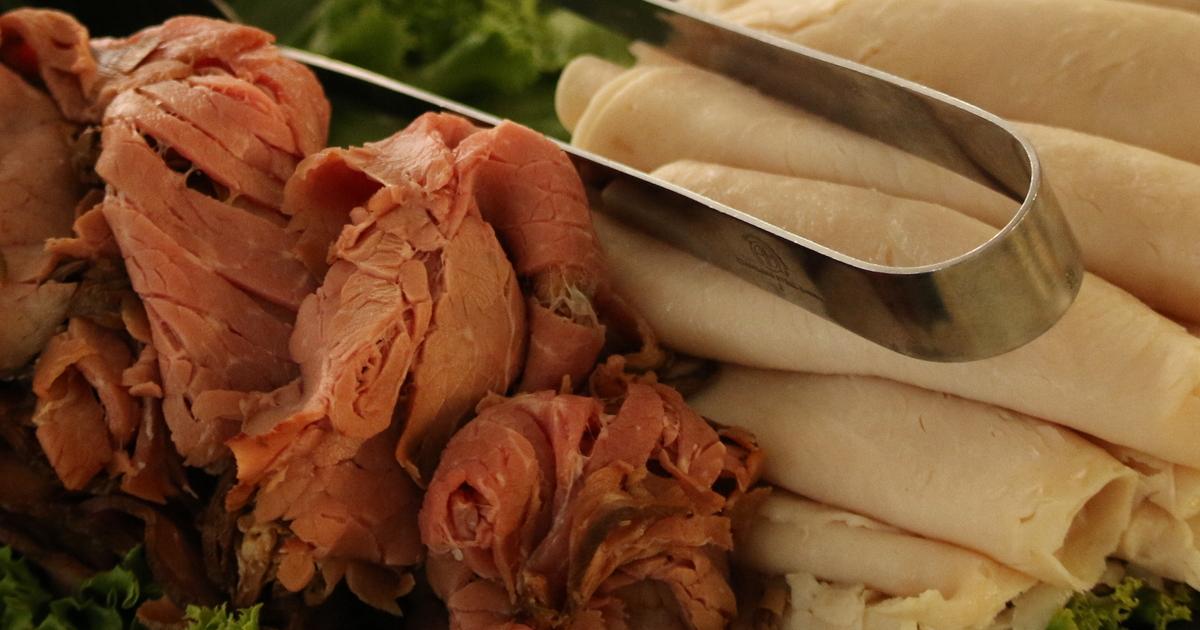
To avoid pain and other symptoms associated with gallbladder issues, doctors advise patients to avoid processed foods. These include items such as deli meat, cheese, French fries, donuts, and cakes. Patients should also avoid fast food and packaged foods, including crackers and cookies. Many processed foods are high in fat, and this is the most common cause of gallbladder irritation. The gallbladder helps the body digest fats, and eating too much fat could force the gallbladder to overwork, triggering pain and potentially resulting in gallstones. In particular, patients are advised to avoid fatty meats such as bacon, salami, sausage, and meat and fish should be limited to no more than six ounces per day. To reduce fat consumption, it is recommended that patients reduce their intake of fried foods, including potato chips, fried chicken, and anything with a crispy or breaded coating. Baked chips, baked chicken, and baked potatoes are suitable alternatives for these foods. Patients may wish to use an app or a food diary to keep track of their daily fat intake, and nutritionists can suggest healthy meal swaps to make it easier to avoid processed foods.
Consume Lots of Fruits and Vegetables
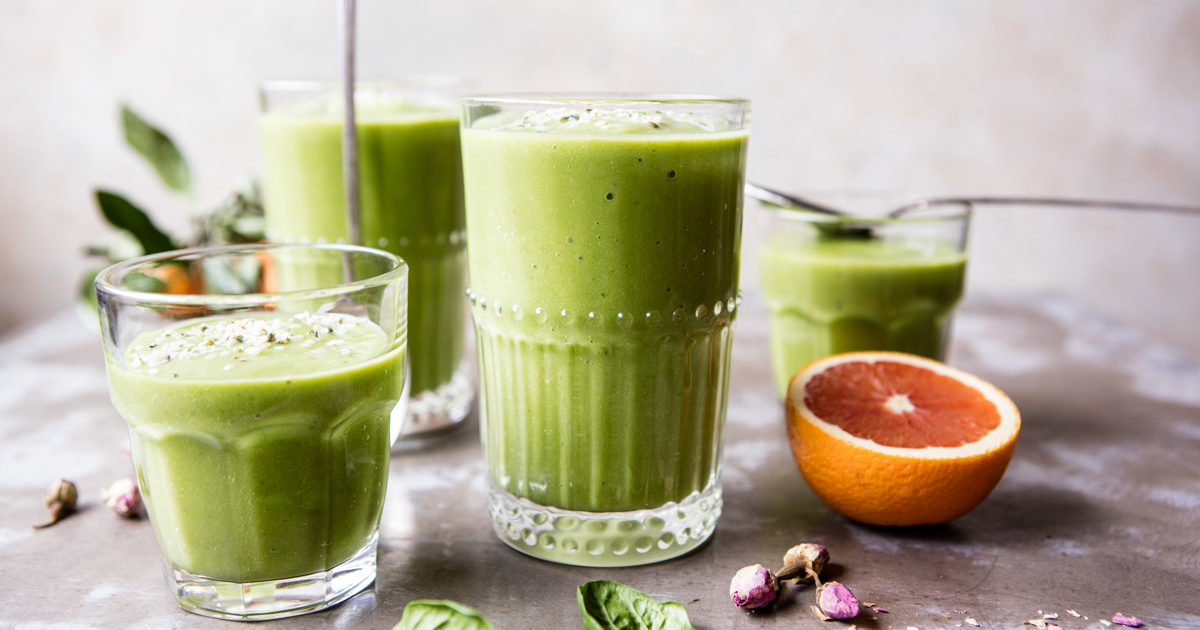
Patients who regularly consume lots of fruits and vegetables typically have higher fiber and lower fat intakes than other patients, and these factors are believed to protect against gallbladder issues. Experts suggest consuming whole fruits instead of fruit juices or smoothies, and having some plant-based or vegetarian meals each week often helps patients increase their fruit and vegetable intake. A fruit salad could be an ideal alternative to ice cream for dessert, and hummus and chickpeas are excellent as a substitute for mayonnaise on sandwiches and as a salad topping. While it is important to eat a wide variety of fruits and vegetables, citrus fruits can be highly acidic, and this is linked to gallbladder irritation. Patients are advised to avoid citrus fruits such as oranges and lemons, and tomatoes need to be avoided since they also contain high levels of acid that could irritate both the stomach and gallbladder. Patients should avoid raw tomatoes and cooked tomatoes, including ketchup and tomato-based pasta sauces, pizza sauces, and soups. Patients who experience irritation or indigestion after eating spicy foods may wish to avoid bell peppers and spicy peppers too.
Turn To Healthy Fats
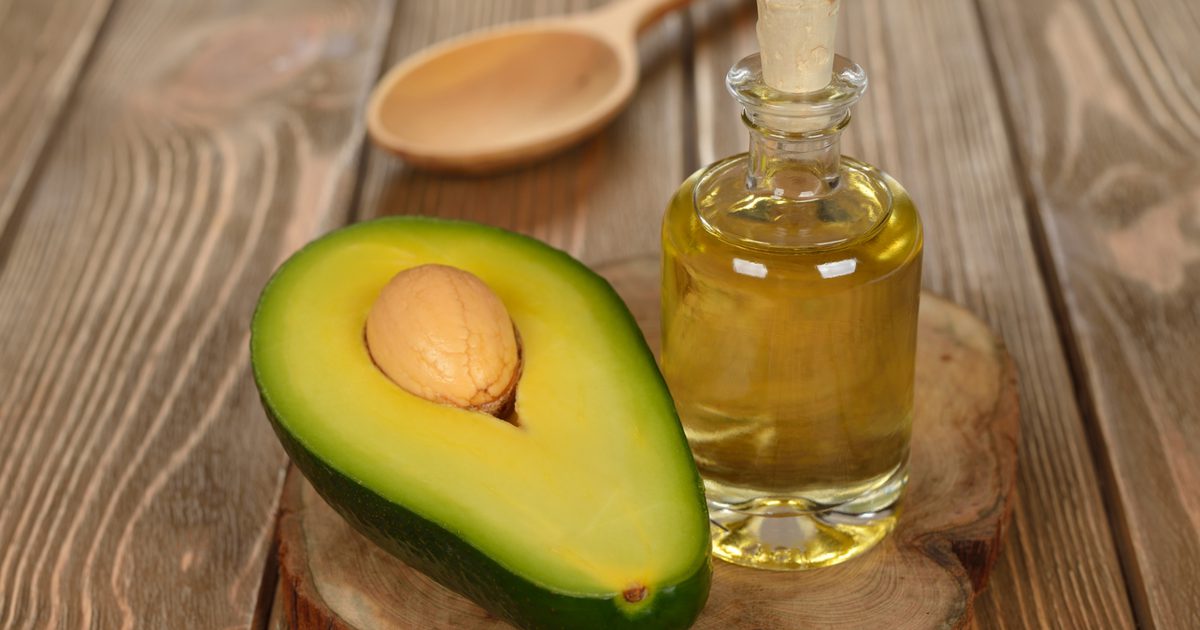
Patients may want to turn to healthy fats to protect against gallstones and gallbladder irritation. Generally, healthy fats are unsaturated, and they can be found in foods such as olives, avocados, and nuts. To incorporate more healthy fats into their daily meals, patients may want to try using olive oil and balsamic vinegar in place of their usual salad dressing, and some individuals enjoy avocado slices on toast or a salad. Avocado oil is a safe cooking oil that can withstand high heat, making it perfect for vegetable stir-frys. While replacing unhealthy fats with healthy ones is beneficial, patients still need to monitor their overall fat intake. Consuming too much of any type of fat will irritate the gallbladder, and this might trigger new symptoms or exacerbate existing issues. Doctors advise patients with gallbladder concerns to consume no more than forty grams of total fat each day, and many patients will need to consume less than this. Individuals who have had gallbladder surgery are advised to limit butter, margarine, salad dressings, and other oils to no more than one tablespoon per meal and to choose foods with less than five grams of fat per ounce. To make it easier to digest healthy fats, doctors advise patients to have four to six small meals per day instead of eating large meals.
Don't Forget About Calcium

Patients with gallbladder issues are encouraged to monitor their calcium intake to ensure they get an adequate amount. Studies have shown calcium supplements can cause gallstones, and this occurs most often in children. To reduce this risk, patients of all ages should try to get calcium from food instead of supplements. Dairy products such as milk and cheese are good sources of calcium, but these often contain high levels of fat and could contribute to irritation. Ideally, patients may want to opt for low-fat or fat-free dairy products and incorporate other calcium-rich foods. For example, spinach, collards, lentils, figs, and almonds are good sources of calcium, and options such as tofu, breakfast cereals, and non-dairy milk are often fortified with calcium. Patients might want to ask their healthcare provider to check their calcium levels, and they should also ask for personalized advice about their daily calcium intake.
